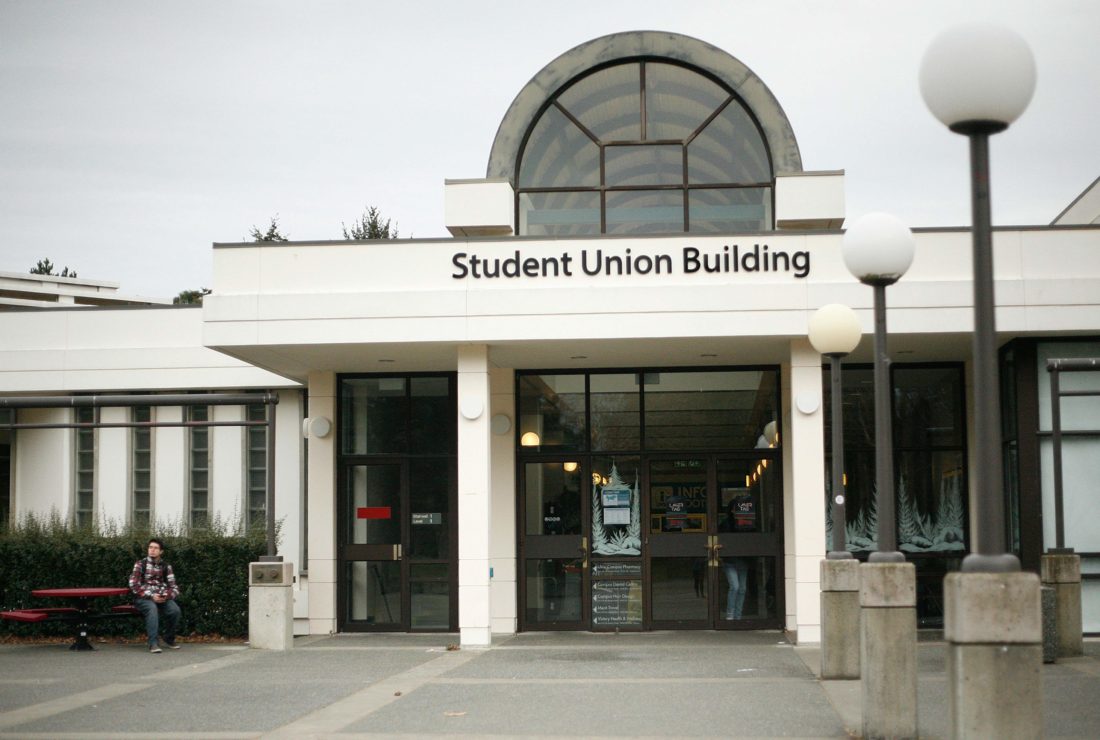
On Oct. 30, a Zoom forum gave proponents of the upcoming referenda a chance to introduce themselves and dive into questions about their referenda campaigns.
From Nov. 4-6, students will cast their virtual ballots for three referendum questions. The first question asks students whether they support the establishment of a $1.50 per full-time student and $0.75 per part-time student fee in order to fund the development of Open Educational Resources (OER) on campus.
The second question proposes ending the fee of $3.00 per full-time student and $1.50 per part-time student that is collected to fund a Public Interest Research Group (PIRG) on campus. The final question seeks students’ approval to reallocate the money that is currently held in trust by the UVSS from the collection of the PIRG fee. If that referendum passes, half the existing PIRG fund will be moved into the UVSS operating fund and half will be allocated to a student bursary.
15 per cent of undergraduate students must cast their ballots for the results to be valid. Getting out the vote online is a key element of the proponents’ campaigns.
At the forum, the two referendum proponents made their cases to students and emphasized the importance of voting. CFUV and the Martlet hosted the forum, with help from the UVSS Electoral Office.
PIRG referenda
Evan Guildford, the proponent of the two PIRG referendum questions, explained that he put the referenda forward due to the lack of a PIRG on campus. When asked why the previous PIRG ended their relationship with the UVSS, Guildford claimed that the Vancouver Island Public Interest Research Group (VIPIRG) was subject to an audit in 2016-2017.
Guildford said the UVSS searched for another PIRG but did not find any candidates that met what they wanted. He hopes that the referenda will allow students to decide whether they believe having a PIRG is beneficial.
VIPIRG was a significant source of support for marginalized students. Guildford assured the virtual audience at the forum that advocacy groups for marginalized students and the UVSS will continue advocacy efforts in the absence of a PIRG.
He plans to get students to vote in these referenda by creating awareness through his friends and on social media.
OER referendum
Jonathan Granirer, the proponent of the OER referendum question, explained that he put the question forward to help save students money on textbooks.
Granirer said that the UVSS does not have any jurisdiction over UVic on the creation of OERs, but that with the fee, the UVSS would be able to collaborate with the university and professors in order to allocate the funds appropriately.
Though he could not speak to the details of the current board’s advocacy, Granirer said he has spent hours advocating for UVic to allocate more funds to OERs.
If established, a key part of the OER fund would be distributed into an existing grant. According to Granirer, there is “strong student representation on the [grant] committee,” so there would not be any worry in how the funds are used.
Raising student fees in the middle of a pandemic is justified, Granirer said, because of the long-lasting effects to student costs that this fee would have.
Like Guildford, one of Granirer’s main methods to increase votes is going to be the use of social media to create awareness. He also said he hopes for support from the current UVSS board to spread awareness.
In his closing statement, Guildford highlighted that there is not a PIRG on campus, so students are currently paying for something that does not exist. Granirer said that the most important takeaway is that students should vote, even if it is against what the proponents are putting forward.
Students can vote at webvote.uvic.ca from Nov. 4-6. More information about the referenda can be found in our earlier coverage or on the UVSS elections website.






